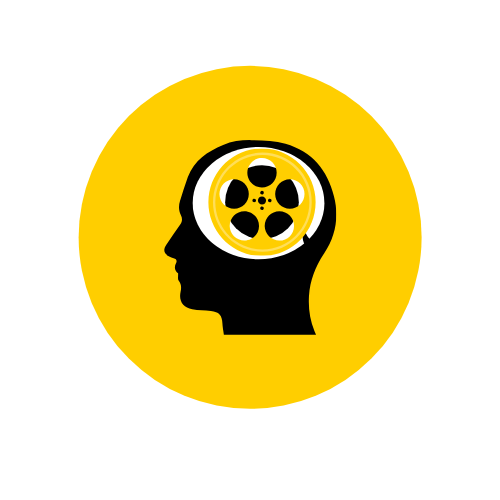I saw DUNE 2 recently, and I feel I’ve got enough familiarity now that I think I’d like to solve the puzzle of Villeneuve. Disclaimer: I have only seen from INCENDIES onward. I’ll also be digging into Spoilers for all of his movies from 2010-2024 below, and as one last disclaimer, Villeneuve is an artist and as art is subjective, this is all just my takeaway and personal opinion.
I think Villeneuve is a big fan of the tale of Oedipus. For the uninitiated, Oedipus is the Greek king of Thebes who was told in a prophecy that he would take his mother as a lover and kill his own father. He’s so disturbed by this revelation that he runs from his home and tries to evade his destiny, but in a cruel twist of fate – it’s the very attempts to evade destiny that secure his fate.
I believe that this is Villeneuve’s one consuming story arc and that all of his movies are variations on this theme. Each movie posits a character at-odds with a system or destiny laid-out before them and chronicles their efforts to evade or embrace that fate:
2010: INCENDIES – this is an incredible film that I won’t *completely* spoil, suffice it to say that if the Oedipus story sounds like too much, you should steer clear of this one. The Oedipal themes are so clear in this one, that it doesn’t require much explanation.
2013: PRISONERS – this movie contains more maze imagery than THE MAZE RUNNER, and is about the systemic safeguards we have in place, be they religion, political ideology, and/or gun ownership – and what happens when these systems seem to fail us. Are we really above resorting to our own bigotries and assumptions, or do those keep us enslaved? Are we able to break free from them and challenge our own assumptions? And if we can – would we even want to?
2013: ENEMY – This is his most metaphorical work, but I believe it to be about sex addiction, and how the over-sexualization of our culture creates a systemic-“web” of enslavement, not just on the level of human trafficking, etc… But for the “consumers” of this sexualization as well, and how it feeds on marriages, shame, and the repetitious cycle of failure. We hope that the protagonist can break free from this system, but the ending is not a hopeful one.
2015: SICARIO – Tonally, I think this one is the most similar to INCENDIES in that it’s about idealistic characters setting out after the truth only to be confronted with a far more complex and disturbing truth. The protagonist is a black and white character who is thrust into a world of moral greyness, and the tension of the story comes from whether or not she will let the corruption that is everyone else’s bread-and-butter corrupt her, or if she’ll remain steadfast. Will she even want to remain steadfast? Also, like PRISONERS, it’s about the systems we have in place to “protect” our county, and asking if that cost is worth the price. This film sets the stage beautifully for his next film…
2016: ARRIVAL – This film is about national identity, and the fear of the unknown, (and much like with PRISONERS) the fear of our neighbors, and asks the question of – if we knew that our love, and where we invest our affections would cause great heartbreak, would we still allow ourselves to be vulnerable? It’s his most optimistic and beautiful film and may be my favorite of his filmography.
2017: BLADE RUNNER 2042 – Much like the first BLADE RUNNER, this is a movie about a pre-programmed android who starts to develop hesitations and questions and emotional responses that lead him to challenge and question the directives laid out before him. This makes it sound less exciting and more basic than it is. It’s really just exquisitely beautiful – and I prefer it to Ridley Scott’s 1982 masterpiece.
2021/2024: DUNE PART 1 & 2 – These two halves of the same movie are all about a character who is preceded by a great prophecy. It’s not Villeneuve’s story, as it was written in 1965 by Frank Herbert, but it’s clear to see why Villeneuve was drawn to it’s themes as it’s a tale of a protagonist on a pre-determined course, and about how (or if) he accepts the fate laid out for him.
Does fate exist? Is it just another system put in place to enslave us? (On that note, there’s even a minor story detail in DUNE 2, about the antagonist Feyd-Rautha’s character being manipulable because of sex, just like the protagonist in ENEMY)
Are we able to challenge or defy the systems that guide us? Would we want to if we could? What does it look like to transgress against our own fate? And much like with everything else Villeneuve has made – is it worth the cost if we lose our soul in the process?

